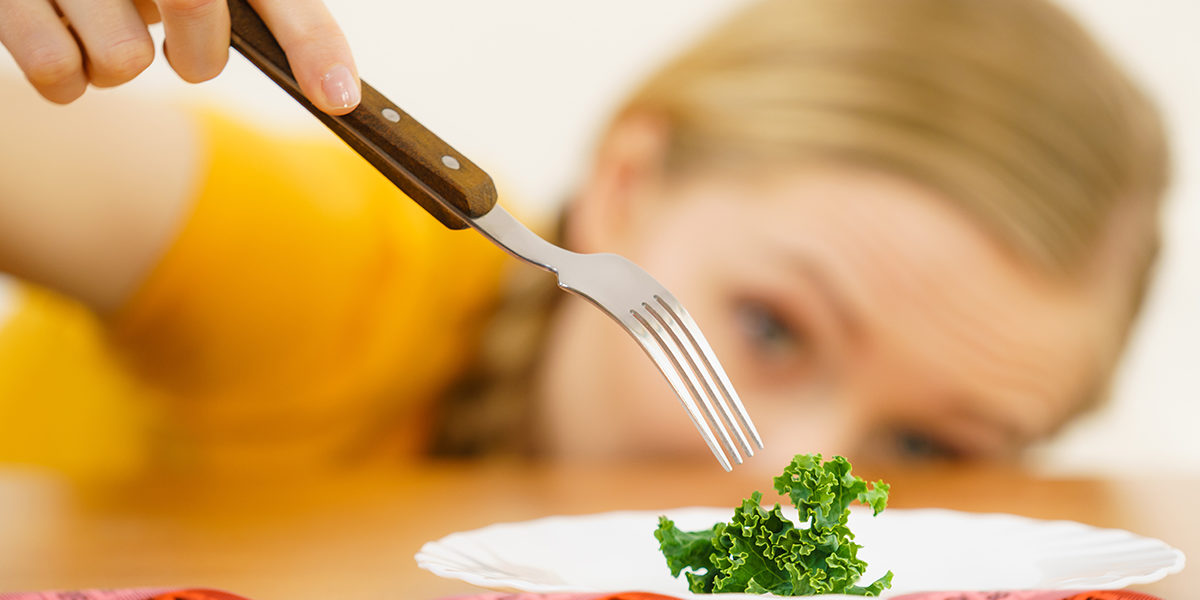Today, people use the term “clean eating” to describe a healthy diet. However, as with most healthy eating trends, there is a dark side that you may not have considered. While many people use the term clean eating to describe a beneficial eating form, it can also spiral into a clean eating disorder, causing a range of harmful health effects. If you struggle with a clean eating disorder, contact our women’s eating disorder treatment center today.
What is a Clean Eating Disorder?
When most people think of clean eating, they assume it’s a good thing. After all, you’re taking control of your diet and your weight. Isn’t that a good thing? Unfortunately, there is such a thing as eating too clean, especially when it is taken to extremes. While a clean eating disorder is not a clinical diagnosis, it can still result in dangerous behaviors if you do not get professional treatment.
A clean eating disorder is characterized by an obsession with the quality of food. The person may be motivated to be healthy; however, they will be hyper-focused about controlling their food, how it’s prepared, and where It comes from. They may have rigid eating patterns, spend excessive amounts of time on food or exercise, and skip social events due to not being able to eat ‘unclean food.’ In addition, eating a clean diet creates a type of morality surrounding food. In other words, specific foods are either good or bad, making food confusing for many people. This also leads to feelings of anxiety, stress, and guilt when they eat.
In addition, the person will also be extremely focused on avoiding preservatives, gluten, dairy, sugar, or other perceived potential impurities in their food. They may use their diet as their moral compass, gaining a false sense of superiority when they compare themselves to people who don’t adhere to the same diet.
Dangers of a Clean Eating Disorder
Unfortunately, a person who is struggling with a clean eating disorder is at a greater risk for health problems. For instance, avoiding food groups and nutrients, such as fat and carbs, can increase their risk for nutritional deficit and malnutrition. A person who is battling a clean eating disorder may also experience health challenges due to weight loss, such as heart problems.
Furthermore, there are psychological and social challenges that can be harmful to a person’s life. For instance, the person may withdraw from their social sphere and meaningful relationships in order to pursue a “healthy lifestyle.” Unfortunately, in reality, they’re forsaking many aspects of their life that were once meaningful. In addition, a clean eating disorder can put their job and relationships with family at risk. It can even put their mental health in danger; being unable to adhere to their food rules can lead to a range of mental health issues, such as:
- Depression
- Anxiety
- Guilt
Get Treatment at Crossroads Maine
Seeking to take control of your life by eating healthy is an admirable goal, but when it becomes problematic and obsessive, you need to seek treatment. Admitting that you have a problem and getting treatment at a women’s eating disorder treatment program can be a powerful first step towards recovery. We also treat a variety of other eating disorders, including:
Getting support in a women’s only treatment center can help you recover from a clean eating disorder and achieve a nutritional balance. We can help keep you accountable and encourage you to keep moving towards a healthy life. To learn about the advantages of our women’s only treatment center or for help with a clean eating disorder, contact us at 877.978.1667 today.


















